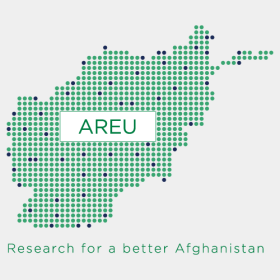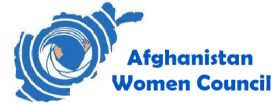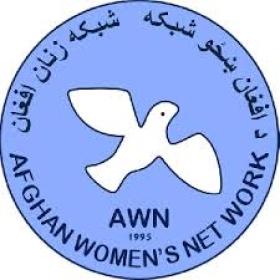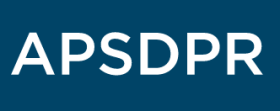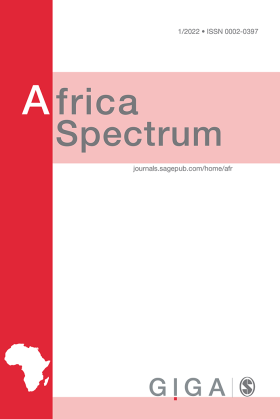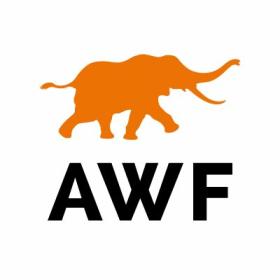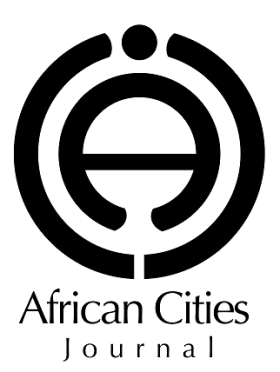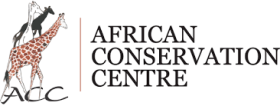Nuestra red internacional de asociados(as) abarca instituciones académicas, agregadores de datos, organismos gubernamentales, editoriales, asociaciones de agricultores(as), ONGs y otros agentes de la sociedad civil. Explore la gama de organizaciones utilizando el Land Portal que figura a continuación y únase a la red hoy mismo.
Afghanistan Research and Evaluation Unit
The Afghanistan Research and Evaluation Unit (AREU) is a Kabul-based independent research think tank established in 2002 with the assistance of the international community in Afghanistan. AREU’s mission is to inform policy and practice by conducting high-quality, evidence-based research and actively disseminating the results, and to promote a culture of research and learning.
Afghanistan Women Council
Afghanistan Women Council (AWC) is a non-governmental, non-political, non-profit, non-sectarian Charity Organization founded in 1986 by the efforts of Ms. Fatana Ishaq Gailani and a group of Afghan women with an aim to assist Afghan women and children.
Afghanistan’s Women’s Network
After the United Nation Fourth World Conference on Women in Beijing, China, where a group of women from various organizations and agencies of the United Nation participated; the theory to form a network for the Afghan women's cooperation and integration developed.
AFR100
AFR100 (the African Forest Landscape Restoration Initiative) is a country-led effort to bring 100 million hectares of land in Africa into restoration by 2030. It aims to accelerate restoration to enhance food security, increase climate change resilience and mitigation, and combat rural poverty.
Africa Centre for Dispute Settlement
The Africa Centre for Dispute Settlement (ACDS) works primarily within three thematic areas: social need, the Centre’s network and experience, and a business nexus to pressing social challenges and their solutions in Africa.
Africa Centre for Open Governance
AfriCOG is headed by an Executive Director accountable to a five-member Board of Directors. The secretariat consists of staff organised functionally across two main function areas. The first area is programmes.
Africa Public Service Delivery & Performance Review
Africa’s Public Service Delivery & Performance Review (APSDPR) is a journal in the niche area of Public Service Monitoring and Evaluation. The journal is a peer reviewed journal, aimed at the promotion and sharing of knowledge, skills and innovations in government and the wider Public Sector environment in South Africa and abroad.
Africa Research Institute
Africa Research Institute is an independent not-for-profit think-tank that was founded in February 2007. It is the only think-tank in the UK to focus exclusively on political, economic and social issues in sub-Saharan Africa. ARI strives to inform domestic and international policy making through publishing research and hosting interactive events.
Africa Spectrum
Africa Spectrum is published by the GIGA Institute for African Affairs (IAA) in Hamburg since 1966. It is a peer-reviewed open access journal dedicated to original research on the politics, societies, and economics of sub-Saharan Africa. As a multidisciplinary journal, Africa Spectrum welcomes submissions employing a variety of theoretical and methodological approaches.
Africa Wildlife Foundation
The African Wildlife Foundation, together with the people of Africa, works to ensure the wildlife and wild lands of Africa will endure forever. Founded in 1961 at the height of the African independence movement, AWF (then known at the African Wildlife Leadership Foundation) was created to help newly independent African nations and people conserve their own wildlife.
African Cities Journal
African Cities Journal aspires to gather existing and future knowledge in the field of urban spaces in Africa through original research articles, as well as more prospective endeavours of theory and methodology.
African Conservation Centre
MISSION & VISION
African Conservation Centre’s mission is to conserve biodiversity in East Africa and beyond through the collaborative application of scientific and indigenous knowledge, improved livelihoods and good governance through development of local institutions.
GUIDING VALUES

